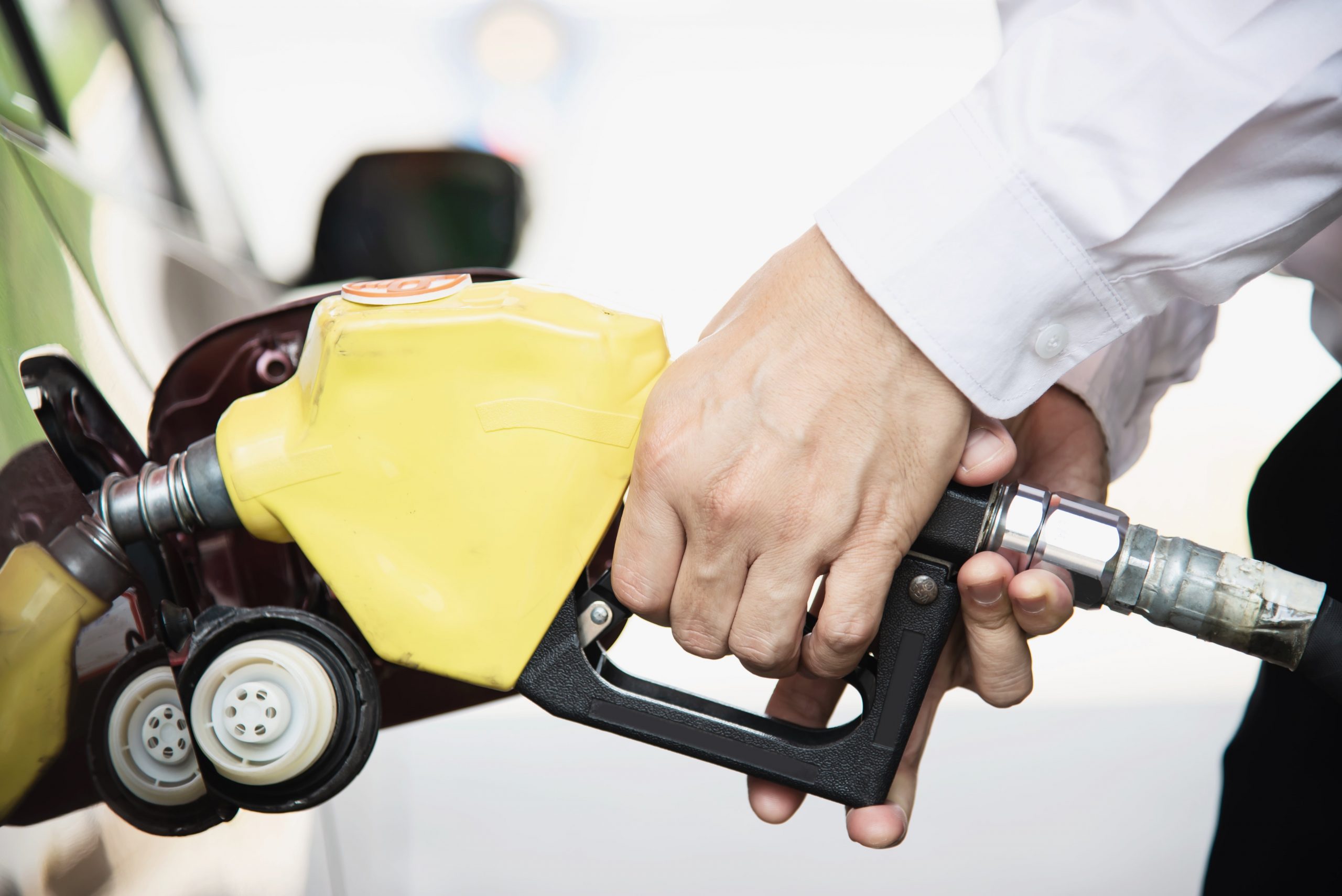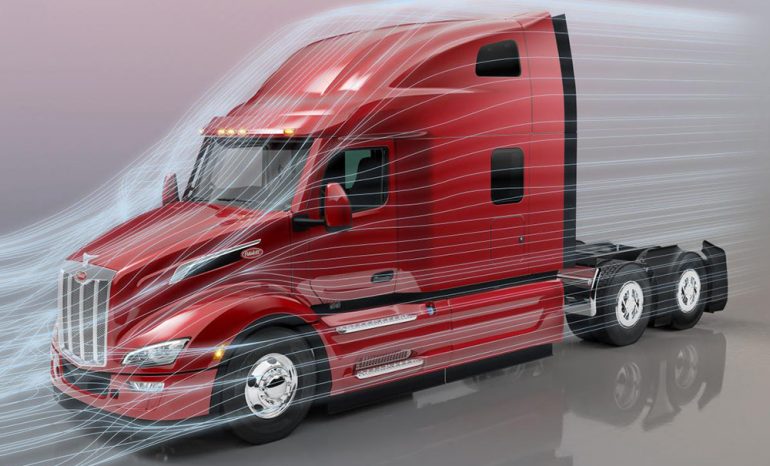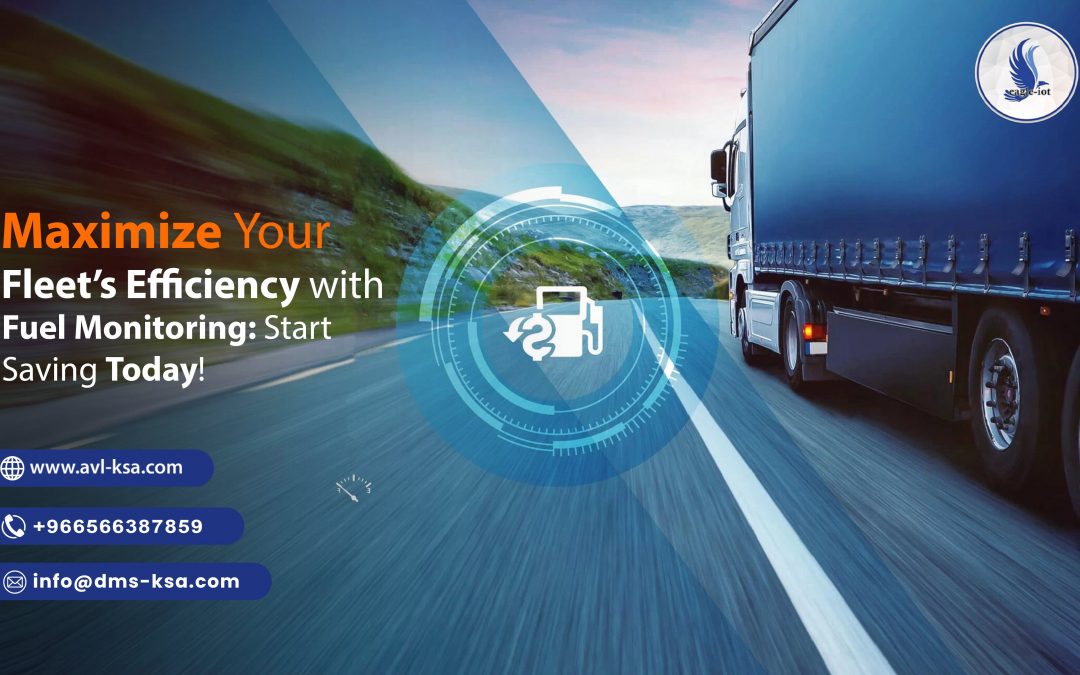



Time Pressure
Under-inflated tires increase your vehicle’s drag, which results in low fuel economy. But how much exactly? According to research, 10 % of under-inflation increases fuel consumption by 2 %, 20% under-inflation increases fuel consumption by 4% while 40 % of under-inflation below the recommended level, can increase fuel consumption by 8%.

Driver Behaviour
The way a vehicle is driven has a huge impact on how much fuel it uses. For instance, harsh braking and harsh acceleration can have a significant impact on fuel economy. Eagle-I driver behavior can track driving patterns to spot unsafe driving behavior and provide managers the information they need to coach drivers and modify behaviors. By promoting safe driving habits, fuel economy can be improved.
Big Data and fuel efficiency
Post Views


